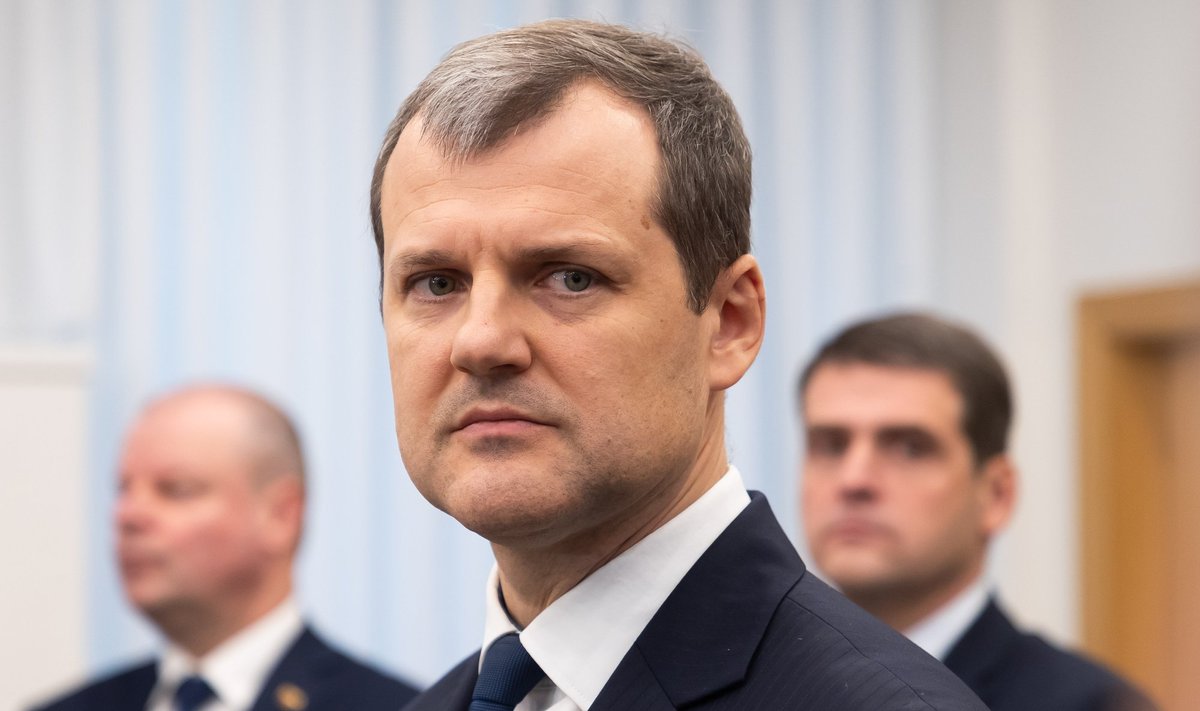
“I informed the president about an hour ago that I took the decision to resign from my duties as the prime minister,” Paluckas said in a statement.
He added that he was also leaving his post as the head of the Social Democratic party.
“Despite my decision to leave my current duties, I will continue to defend my honour and dignity and I’m waiting for the conclusions of the investigations, which I’m sure will separate the facts from insinuations,” he said.
Earlier Thursday, local media reported that Lithuania’s Financial Crimes Investigation Service (FNTT) searched the offices of Dankora, a company belonging to Paluckas’s sister-in-law.
The firm used EU funds to buy battery systems from Garnis, a company partly owned by Paluckas.
Investigative reporters in Lithuania first revealed in May that the same company partly owned by Paluckas received a subsidised state loan when he was already head of government.
The country’s authorities then launched a probe, which is ongoing.
Journalists later revealed more cases of alleged corruption, some of which are now also under investigation.
Paluckas was previously convicted of abuse of office while serving as the director of the Vilnius City municipal administration. He was fined.
Paluckas has been prime minister since last year, when the Social Democrats won the October election and entered into a ruling coalition with the populist Nemunas Dawn party and the centre-left “For Lithuania”.
The head of “For Lithuania”, former prime minister Saulius Skvernelis, threatened on Wednesday to pull out of the coalition if Paluckas stayed on.
Lithuanian President Gitanas Nauseda had given Paluckas on July 24 two weeks to respond to the corruption allegations or quit.
Nauseda said the Social Democrats will now hold talks on forming a new cabinet but said he hoped the existing ministers would remain in their posts.
The cabinet will still need to submit a formal resignation as per the constitution, with the new government to be confirmed by the president.
A new prime minister must be appointed within 60 days, according to the constitution. During that time a current minister can be temporarily appointed to head the government.
ben-amj/yad
© Agence France-Presse






